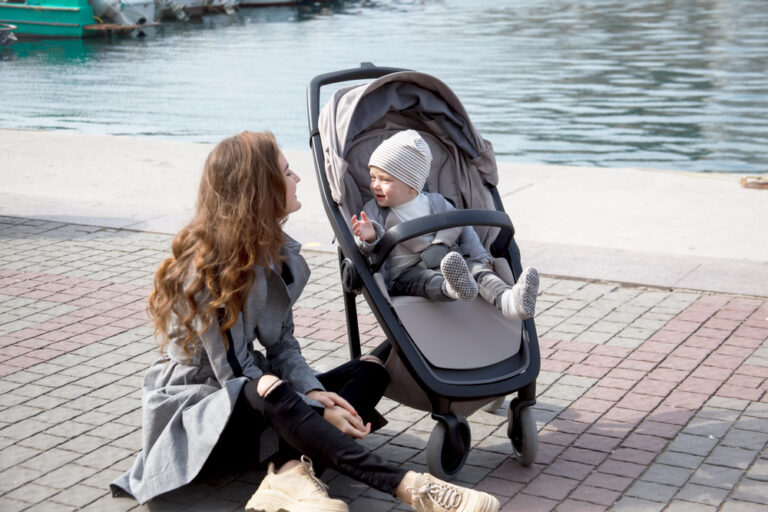Finding the perfect sleeping arrangement for your baby is essential for ensuring they get a quality night’s rest. Of course, their routine and other accessories make an enormous impact, but one of our top tips for getting your baby to sleep is selecting a comfortable and safe crib. If you are in a spiral of endless scrolling on the hunt for a bedside crib, your search can end now as we present the SnuzPod studio....
Babies
Buying Guides View all
Finding the perfect sleeping arrangement for your baby is essential for ensuring they get a quality night’s rest. Of course,...
Finding the perfect sleeping arrangement for your baby is essential for ensuring they get a quality night’s rest. Of course,...
Finding the perfect sleeping arrangement for your baby is essential for ensuring they get a quality night’s rest. Of course,...
Finding the perfect sleeping arrangement for your baby is essential for ensuring they get a quality night’s rest. Of course,...












